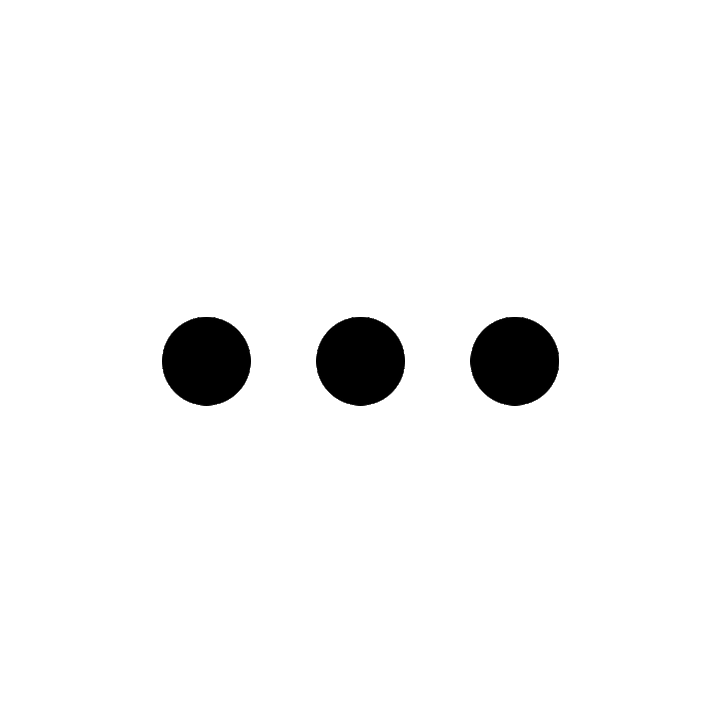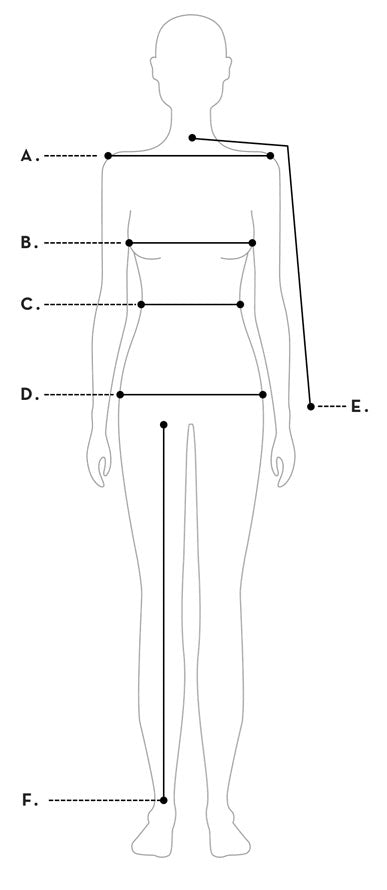Breast Cancer Alliance
The Faces of Breast CancerTARA ELMORE
What was the hardest part of your breast cancer journey—and how did you overcome it?
For me, the hardest part of my cancer has been in survivorship. I’m not sure I’ll ever "overcome" it. Hitting five years cancer-free this October was intense—full of fear and joy and maybe a little disbelief, all at the same time. For anyone not familiar, five years is a big deal in breast cancer remission (the risk of recurrence is greatly reduced and some doctors even use the word "cured"). It's the number that feels like it will never come back, that you’ve somehow made it, and also like at any moment anything could happen. The things that help me get re-grounded in my reality are the simple, obvious ones, but they work. Meditation, being in nature, spending time with my kids—basically anything that requires presence. Because when we’re in the now, there’s no space for fear.

Tara Elmore, left, with her sister Lisa; both co-founded Complex Creatures after Tara's breast cancer journey
Ask for and graciously receive all the help you can get, and then some! This of course includes beautiful meals, generous gifts, childcare, financial help—you get the idea. I would have also told myself to go on a yoga retreat for a weekend with my sisters or friends, or get a babysitter to spend a Sunday morning with my husband when we both had energy to stay awake and talk.
When I was going through treatment our kids were four and two. I had a lot of guilt about taking time, any more than the bare minimum, to rest or recover. I think when you and your caregiver are in survival mode, it can be very hard (and maybe not available depending on your situation). And, so many people are financially strapped, if not crippled, during treatment and don't know there are lots of free services, programs, offerings available!
I know and love myself in a way that just wasn’t available to me before cancer. The experience of going through chemo, losing my hair, learning to ask for help and receive it, and no longer identifying myself through my work—it all brought me to my knees. I could truly see myself. I could see that without all of that, and actually in spite of it all, I am enough. It changed my life.
HUILIAN MA ANDERSON
What was the hardest part of your breast cancer journey—and how did you overcome it?
Going through it as a parent and a wife. I powered and bulldozed through all of the chemotherapy, surgeries and tests. Once I got into the routine, I knew how to handle it. But nothing prepares you for how it will affect your family. My daughter was three years old at the time and, as anyone who is a parent knows, it’s hard and takes a village to raise a child. Fortunately, we had an incredible network of family and friends who lent a helping hand with meals, play dates and babysitting.
Knowing what you know now, what's one piece of advice you would tell yourself at the start?
Book something special for yourself at the end of your journey—whether that’s a trip, an incredible meal or a shopping spree, whatever your heart’s desire. Give yourself something luxurious to look forward to. After every grueling chemo session, inevitably I’d feel horrible and think, “When is this going to end?” But then I would say, “You got this, X more sessions to go” after each one to keep myself going, knowing there was an end in sight, and I was inching closer to a massage…

Huilian Ma Anderson
The old adage is indeed true—what doesn’t kill you, makes you stronger. If you’re able to overcome breast cancer (or any disease, tragedy or trauma), you are an incredibly resilient human being and can get through anything else life throws at you—always remember that. I know I’m strong AF.
EVAN MARGOLIN
What was the hardest part of your breast cancer journey—and how did you overcome it?
As a person who always sees the glass as half full, the hardest part of my breast cancer journey was to remain positive during the uncertain times. I ultimately made the decision that, until someone definitively told me otherwise, I was going to go about life as if all was going to be okay and attempted to eliminate any negative thoughts about the future.
Knowing what you know now, what's one piece of advice you would tell yourself at the start?
Hopefully I never have to go through this again, but if I had to do it again, I would do it exactly what I did the first time—find a doctor that you are comfortable with and who is experienced with patients similar to you and stay away from Google. After picking my surgeon, Dr. Elisa Port from Mount Sinai, I never Googled anything breast cancer-related again. I simply chose to trust the process. My thought was “What am I possibly going to find on the internet that a world-renowned breast surgeon doesn’t already know?” I truthfully never researched the survival rates, statistics associated with male breast cancer, never saw the images of the male breast post-mastectomy, etc. I trusted Dr. Port and knew I was in the most capable hands, so research would only add stress to my life.

Evan Margolin on the runway at a Breast Cancer Alliance Annual Luncheon in 2021
I have used my experience with male breast cancer as an opportunity to educate and spread awareness to all who are willing to listen, which is why I joined Breast Cancer Alliance’s Advisory Council. I grew up with an incredible amount of breast cancer in my family, yet when my wife felt a lump on my right breast, neither she nor I had any thought that it might be breast cancer. I now tell my story often and assume that if I tell enough men, someone will heed my advice: self-examine and go to a doctor if they feel something out of the ordinary. I have been blessed with a great career in commercial real estate, but I am not saving lives. By spreading awareness, I may have the opportunity to save someone’s life. What could be better than that?

